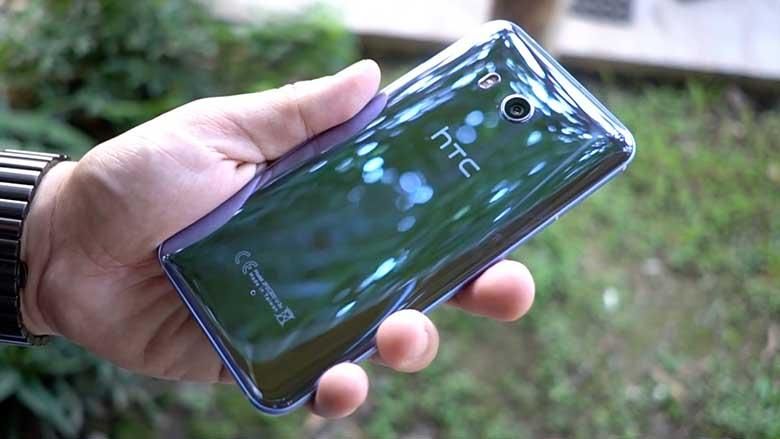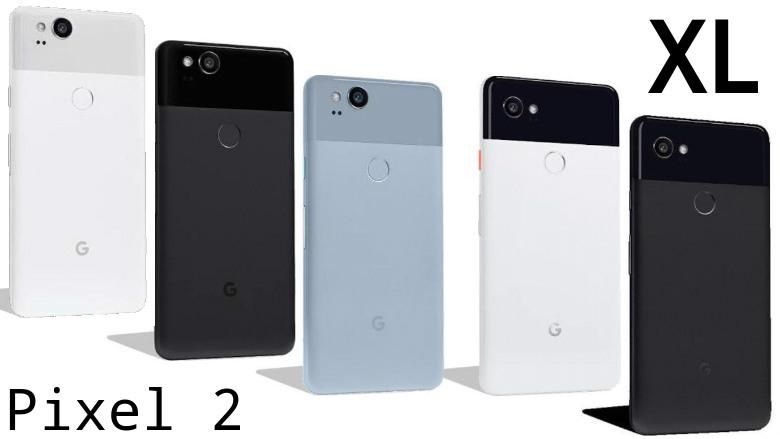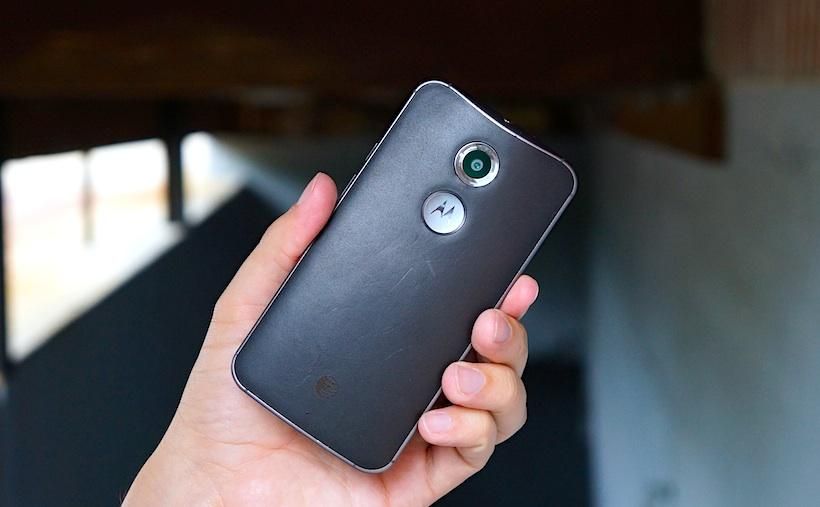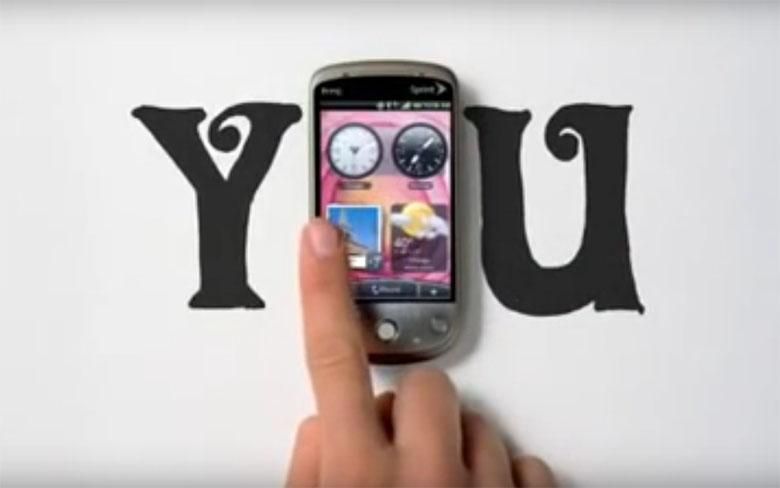In 2012 HTC represented nearly 10% of the worldwide smartphone market. They were the fourth bestselling phone brand. Today, this label is struggling to crack 1%. Endless articles have been written trying to unravel what happened to HTC. How can this company recover? We might be getting the answer to that question.
Today news arrived that Google will be partnering with HTC, sharing resources, and moving the team of people responsible for the Pixel over to Google. It’s an interesting deal. A non-exclusive partnership, HTC remains a separate company. Google will pay around $1.1 Billion for the talent and to license HTC’s IP.
What does this mean for HTC? What might it mean for Google?
For HTC
What’s never been in question is the company’s ability to manufacturer an excellent smartphone. Building great hardware for other labels is still baked into HTC’s DNA, and recently, devices like the HTC 10 and the U11 have garnered consistently positive reviews.
A billion dollars is a nice shot in the arm for a struggling brand. Funding future development, and making some smart advertising moves, that money could go a long way towards rebuilding. They’ve scored some critical hits, leading the way on VR with the Vive (which Google will not be getting a piece of apparently). Usually time is the problem, where companies are unable to continue losing fights in the market while trying to build momentum.
There is a concern however that migrating this team over to Google permanently might weaken the lines of communication between HTC and Google. Building the Pixel, HTC likely gathered some formidable insight into the direction Google had planned for Android. For a manufacturer struggling to build market share, that kind of guidance is invaluable.
Also, for investing over a billion dollars, under a quarter of HTC’s total assets, just how much of HTC’s engineering talent might be making the transition? HTC has agency to continue producing their own branded hardware, but if the top talent will be reporting to Mountain View, this could be a long con towards eventually folding all of HTC’s smartphone business under the Pixel and Made by Google labels. It would also give HTC plenty of time to broker a deal or find a new home for the Vive division.
Right now both companies are pledging to support a close relationship, and Google is reaffirming a commitment to manufacturing in Taiwan. Only time will tell if a healthy dialog is maintained, or if HTC is able to continue solo operations.
Which brings us to…
For Google
Google continues to have something of a branding problem. The company which makes Android is one of the smallest players in the ecosystem of selling Android powered phones. Asking consumers, Google’s OS is more closely linked to a manufacturer like Samsung, which means those customers are less likely to be interacting with Google interfaces and Google services.
Last year was a hard pivot for Google, retiring the Nexus brand, and introducing the Pixel. Walking away from developer focused devices, and showing a renewed interest in selling directly to consumers. Google worked with numerous partners on the Nexus, but the first company tapped for the Pixel? HTC.
Maintaining an in-house HTC design team should streamline the process of delivering premium flagship phones. Hardware and software developers working closely, improving access, and tailor fitting new innovations to consumer facing products.
Opting for this partnership instead of an outright acquisition means Google might be…
Avoiding Past Mistakes
During the Nexus years, Google seemed reluctant to upset manufacturing partners. Acquiring Motorola, it made sense to keep Moto at arm’s length. After two years, mining Motorola for patents and IP, what remained was spun off again and sold to Lenovo. This move is different.
Google doesn’t seem as concerned about upsetting partners, competing directly with a first party phone. Instead of keeping HTC at arm’s length, integrating the Pixel team directly into daily operations should produce better results.
Also, Google isn’t footing the whole bill for the entire chain of HTC production. Google is only partnering for specific talent, and won’t be stuck with HTC’s baggage. A full acquisition likely creating numerous redundancies, divisions to manage or layoff, and additional costs in settling debt. This is the safest way for Google to get exactly what it wants without rocking HTC’s boat in the process.
Where’s That Leave Us?
It leaves us with some good feels. HTC was the primary manufacturer that got me excited about mobile computing. HTC built some of my favorite PDAs, and later, my first smartphones. It was more than a bit unsettling to think we might have lost “High Tech Computing”, so we’re happy to see the brand fight on for another day.
More than anything, we want to see this relationship bear fruit. Both companies face unique challenges, and each stands to benefit from the other. Better products, more competition, that’s a win for everyone.





